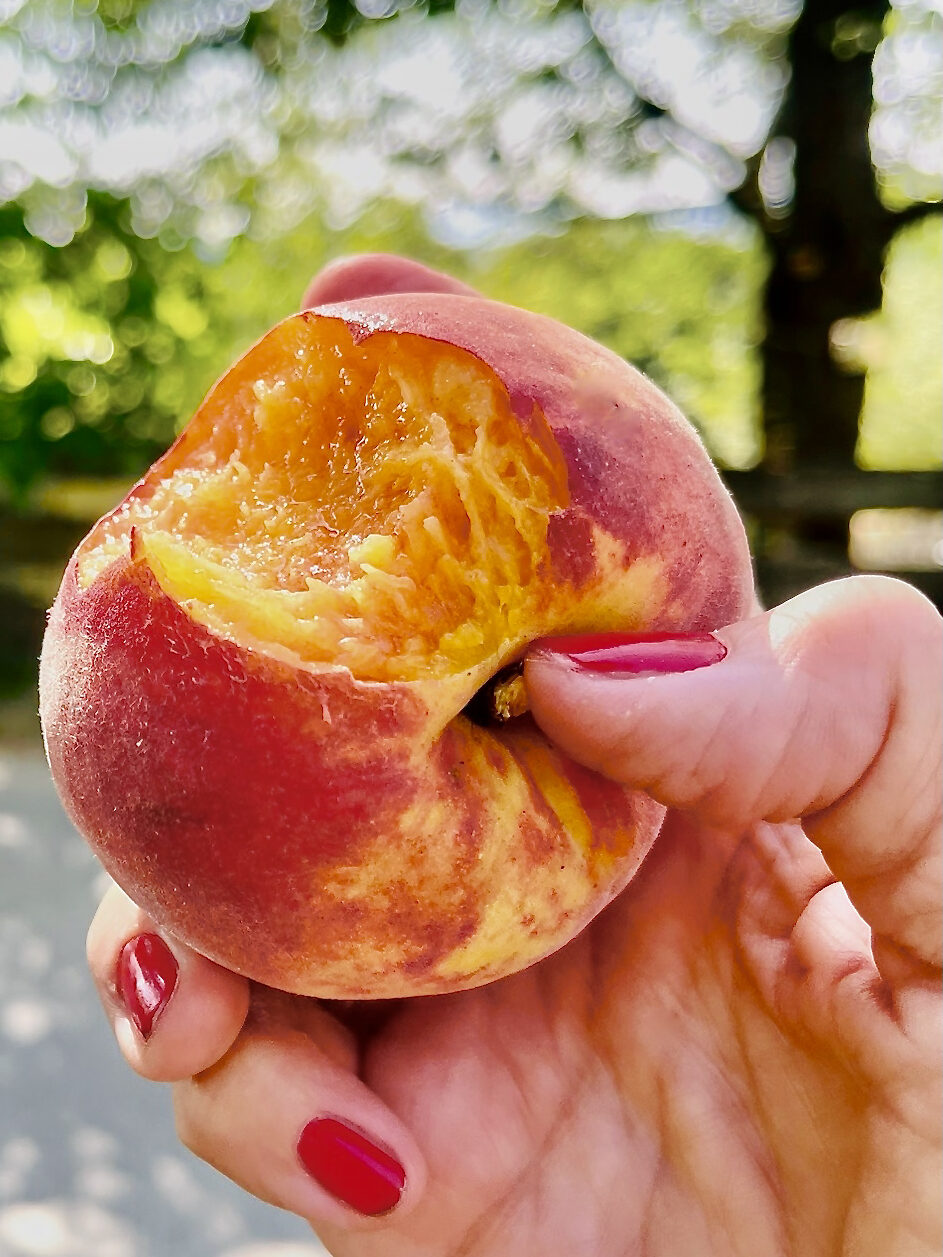
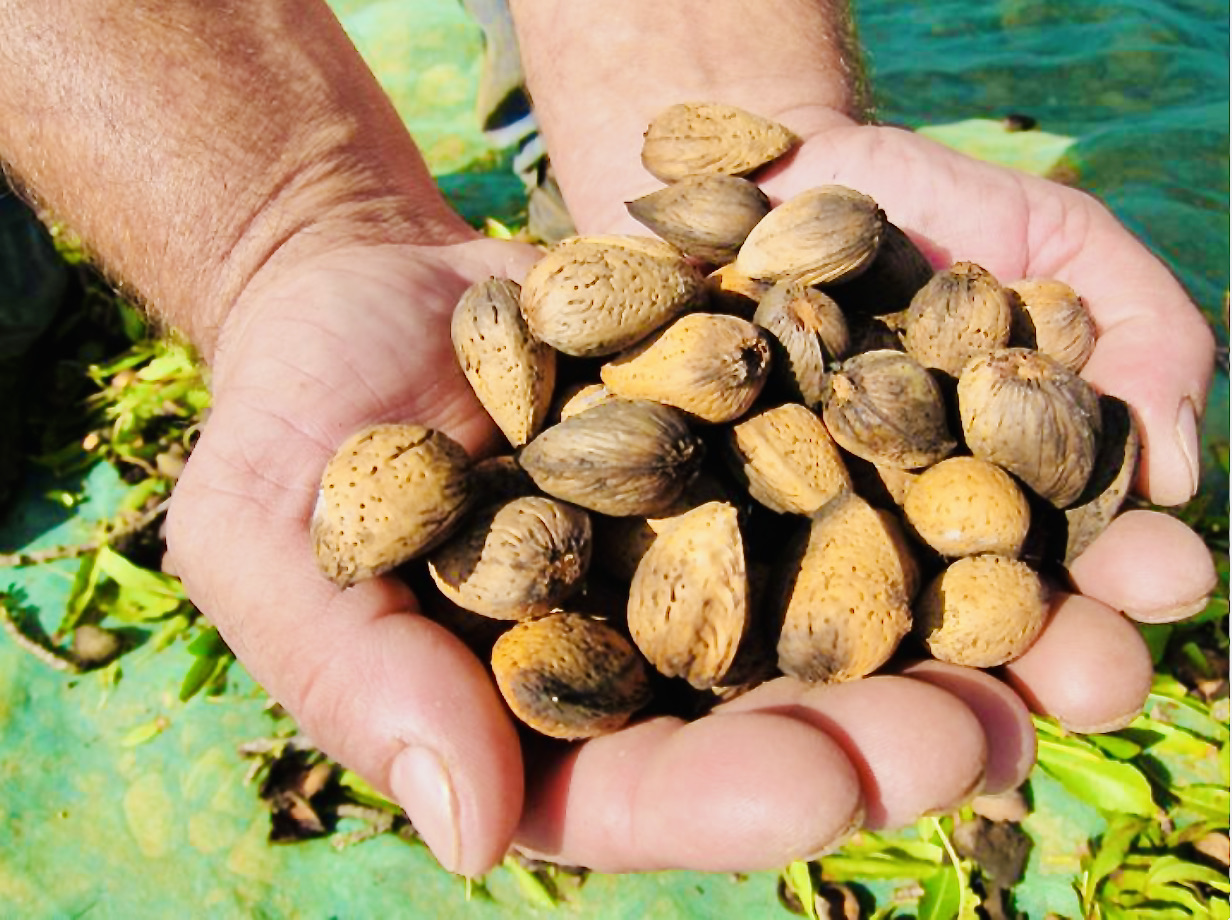
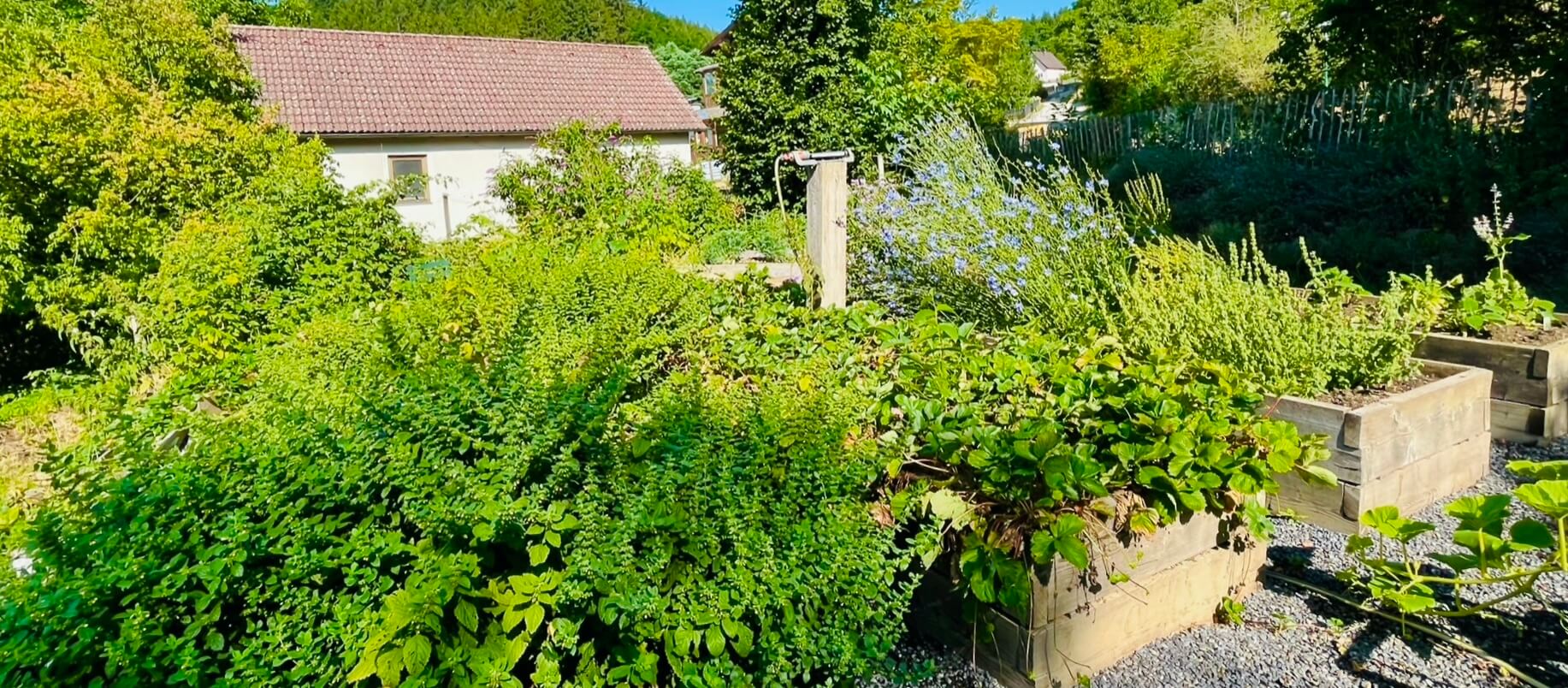
Edible landscapes and a permaculture garden were created at the Rottenhof and on the neighboring farmland with the expert Sigi Tatschl created. Permaculture focuses on the development of agriculturally productive, self-sustaining cultural and ecological systems for the benefit of nature and people.
Permaculture also offers future-proof ways to shape our lifestyles, landscapes, and regional economies — in both urban and rural settings. Whether in gardens, on balconies, or on farms; while shopping, trading, and sharing; when building or renovating; when transporting or driving; in everyday life, at work, and during leisure time.
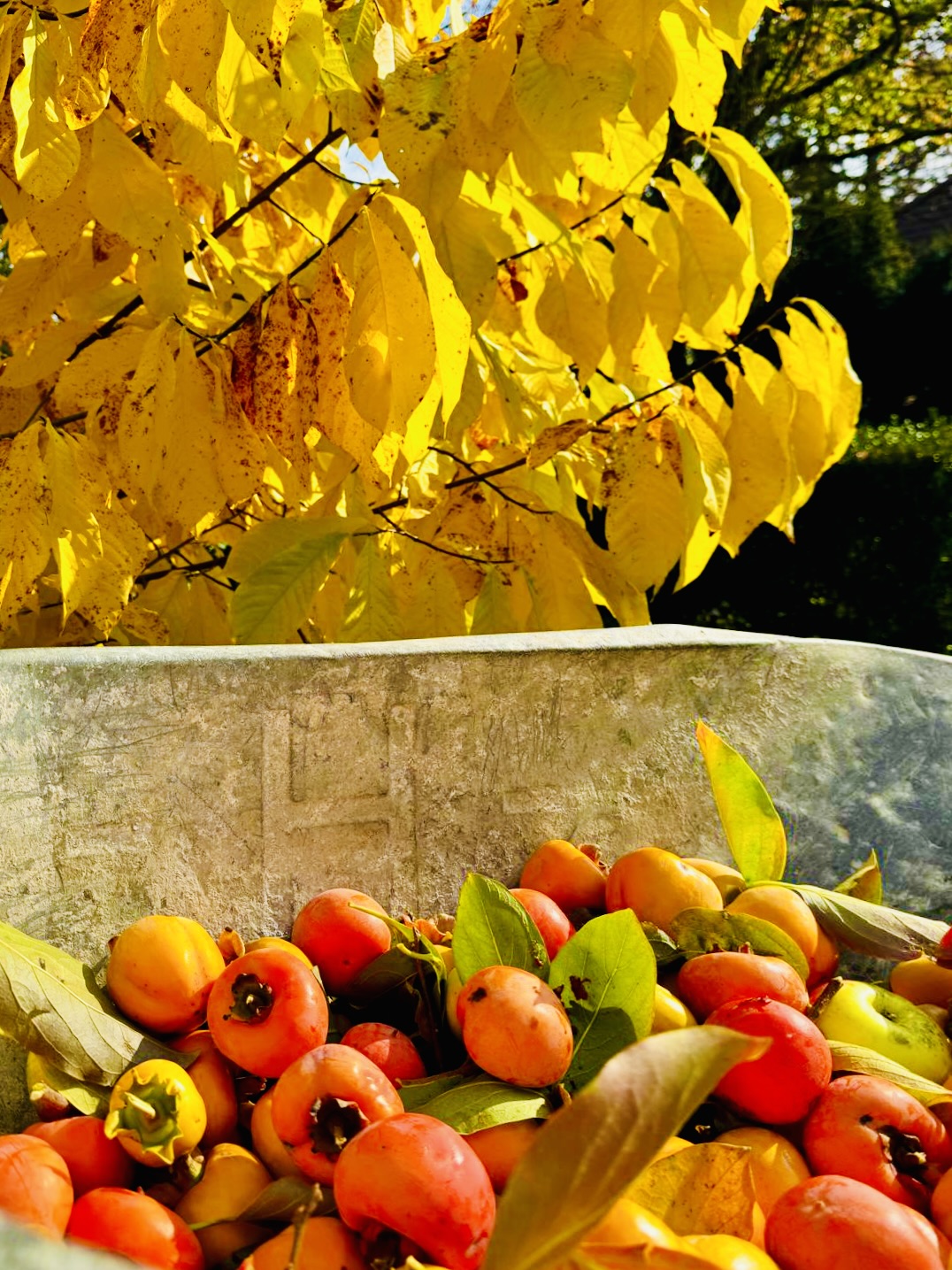
The edible landscapes and the permaculture garden, through whose borders, raised beds and fruit tree meadows you can stroll and snack, cultivates 550 varieties of fruit trees and shrubs, many herbs and excellent spices.
Pawpaws (Indian banana), almonds, the tree hazel, the heart nut, the Witch hazelorange cherries, Szechuan blackberries, pomegranates, dwarf tamarillos, chestnuts, juniper, snow pears or hawthorn - to name just a few. They bear juicy fruit and fragrant foliage. From the field come Amaranth, horehound, bergamot, tobacco, strawberry spinach, black tortilla corn, ice berries, sugar root up to the green Hokaido Dozens of people who are raised here, indeed, who are being teased.
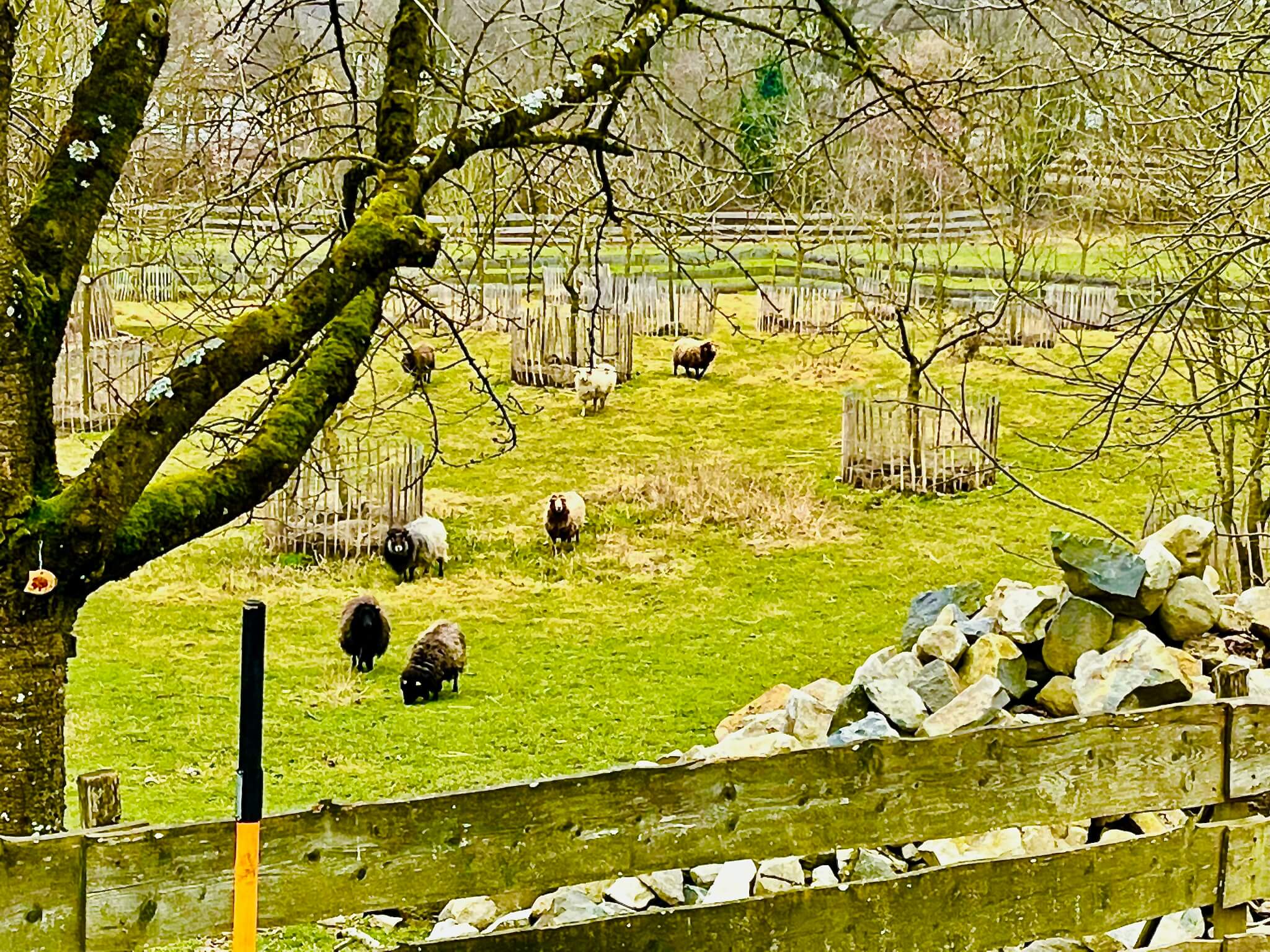
Mixed cropping and biodiversity enable plants to benefit from their neighbors. Resources such as water are conserved through smart planning and techniques like mulching. Thanks to the resilience of the functioning ecosystem and the understanding that every living organism plays multiple vital roles within it, the use of chemicals can be completely avoided. For example, fungi can establish themselves, playing an important role as intermediaries between plants.
Permaculture’s holistic principle emphasizes natural, closed-loop systems and takes into account the multiple functions of each element.